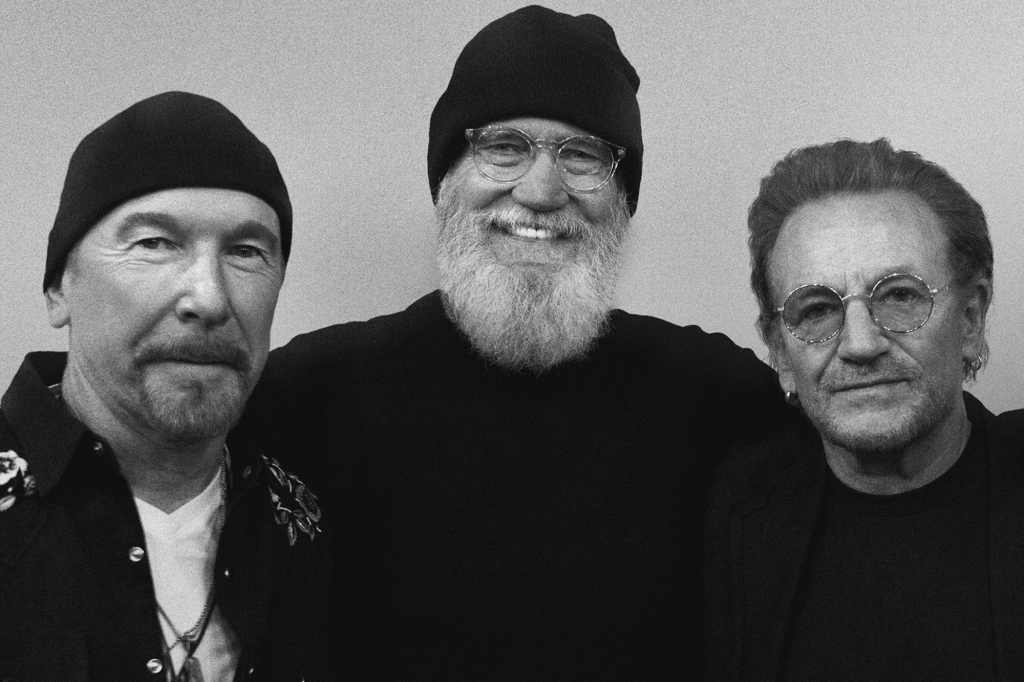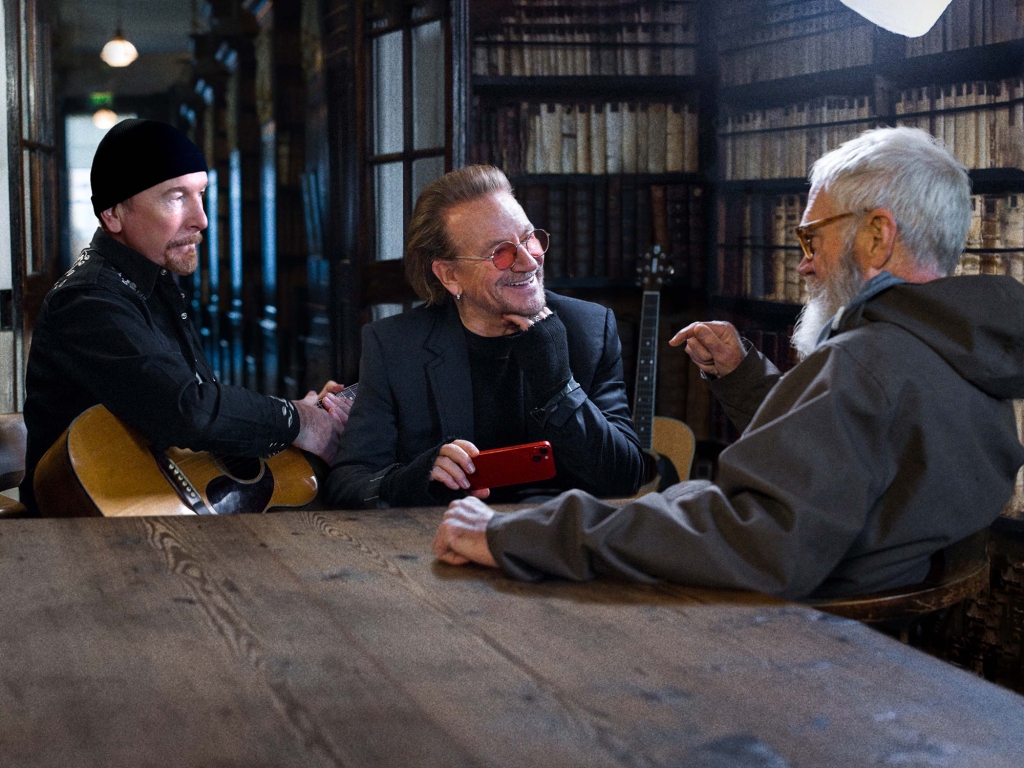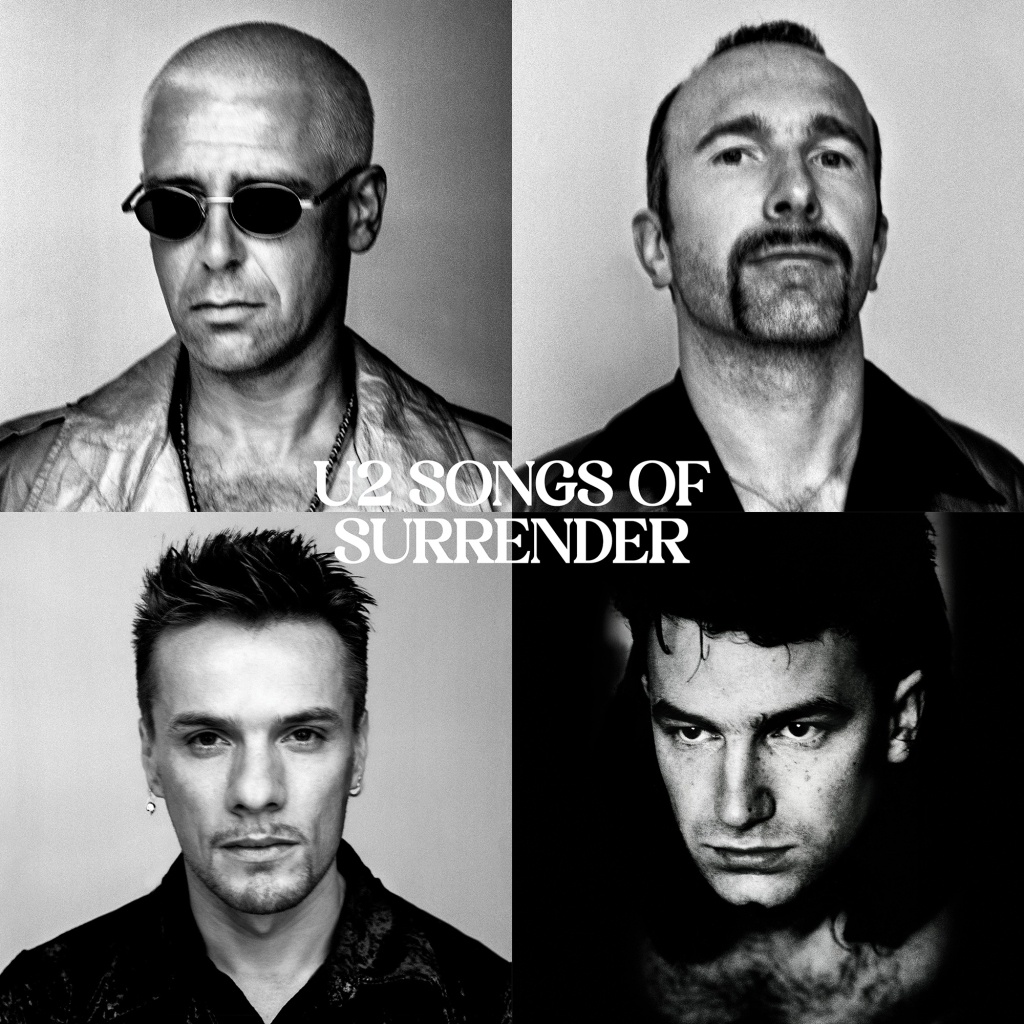From “Pride (In the Name of Love)” to “I Still Haven’t Found What I’m Looking For” to “Beautiful Day,” U2 has made a legendary career out of its super earnest and passionate anthems.
And their fearless leader Bono doesn’t care if his band’s unforgettable fire comes off as corny.
“Brian Eno … said to us, ‘You know, you should not be concerned with things like being cool. That would be uncool for you. Just be yourselves,’ ” the 62-year-old singer says in “Bono & The Edge: A Sort of Homecoming, with Dave Letterman,” a docu-special premiering on Disney+ on March 17.
“You know, and I look back now, and I realize that’s U2’s thing: ecstatic music. Because [when] you’re in that studio, you have to have the courage to jump off the building and believe you can fly.”
In the special — which takes place in the group’s hometown of Dublin — Bono also tells Letterman how one of U2’s signature anthems, “Where the Streets Have No Name,” changed for him after 9/11.
Want to see Bono live? Grab tickets here.


“I recall grappling with the concept of America and what it meant to me, and what it might mean around the world,” he says.
So when U2 performed the song at the Super Bowl just five months after the attacks, he knew that “this is a fragile moment” that required something even more moving than their usual rock heroics at the Louisiana Superdome in New Orleans.
“I wanted to use some exhortation, taking away normal spectacle and turning it into a monument of rolling names,” says Bono in the special, which arrives on the same day as U2’s “Songs of Surrender” album reimagining their classics.

“The Super Bowl halftimes are a spectacle. But the greatest spectacles are emotions.”
And Bono explains the powerful meaning — or make that, feeling — behind the “unusual brew of a song” that is “Where the Streets Have No Name.”
“The lyric is not very fleshed out,” he says. “But the suggestion contained in the lyric is gigantic.
“And what it seems to suggest is, there’s a transcendent place we can go to together. Do you want to come?”
